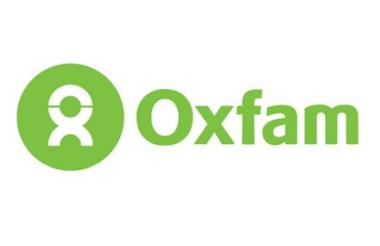The firestorm that hit Oxfam following sex abuse claims and unethical behaviour now threatens to engulf more international aid charities. It is another Olive Cooke moment, but this time it is frontline aid workers who have been found morally wanting, rather than fundraising practices. But of course, anything to do with public trust is to do with fundraising.
Charities should be held to high ethical and moral standards. This is the currency they trade in; the basis of their right to ask people to give. But as celebrity ambassadors distance themselves from their chosen causes, do we see the same level of disengagement with other institutions shamed by similar scandals? Are they turning down roles in BBC productions or parts in the next film produced by former friends of Harvey Weinstein? Are people refusing to go to football matches following the FA’s Barry Bennell child sex abuse scandal? There is a selective moral judgement here and it seems almost too convenient to withdraw support for charities.
The other element is the very real danger of presenting a legitimate platform to those with political agendas seeking to withdraw foreign aid. This country gives 0.7 per cent of gross national income to global humanitarian aid from the public purse. It is a pitiful amount, particularly when considered in historical context of the UK’s colonial past. Yet within hours of the scandal, senior politicians were using it as an excuse to withdraw international aid funding. Oxfam, which received £31.7m from the government last year, has since agreed not to apply for funding until a full investigation has been completed.
However, whether or not the reaction is imbalanced, charities have to deal with it. As well as losing government funding, Oxfam reported 7,000 direct debit cancellations within the first week following the scandal breaking. This may account for a relatively small amount of its roughly £400m income, but is a canary warning of what will happen if things aren’t put straight.
Of course there should be moral outrage, but fundraisers have to keep telling their stories, keep promoting their charities’ successes and keep giving case studies of best practice, so that there is some kind of perspective. The beneficiaries of international aid should not be the ones to pay for the actions of others.
Related Articles











